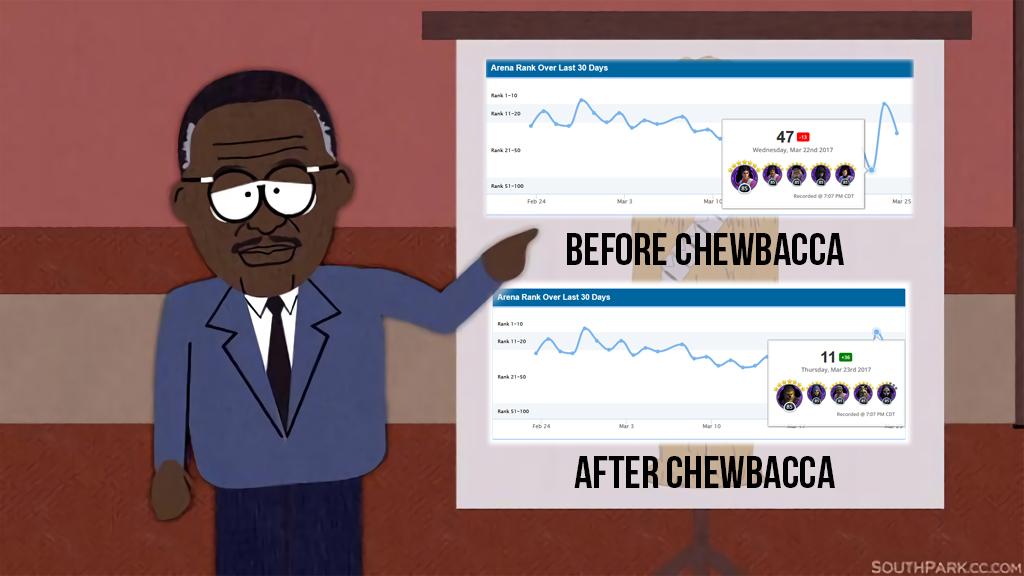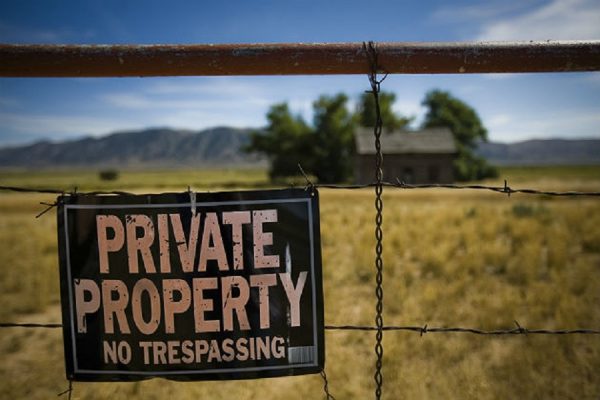Covenant marriage is for couples who are extra committed. They are so committed that they accept certain legal obstacles to splitting up before they have even pledged their lives to one another.
This type of marriage is relatively new under state law, but it refers to the oldest tradition in the book: a deal before God. Let’s take a look at covenant marriage.
Three States
A covenant is like a contract or a deal, but it is deeper. The covenant marriage is a new approach to the oldest type of agreement, and although it is a legal agreement, it signifies that the bond between the couple is beyond the law. The couple who covenants is in deep and they mean it and they have made the promise to God.
Practically speaking, in the three states where covenant marriages are recognized by law — Arkansas, Arizona, and Louisiana — these unions demand more from those entering into a covenant. They limit grounds for divorce and can impose counseling ahead of the marriage and for a specified time before the couple may split as well. In the legal sense, these unions are basically just marriage plus. But for the religious, they are extremely meaningful expressions of commitment.
Coming Together
A covenant is more than a contract. It’s a deal, a solemn pledge, made before God. Covenant marriages appear to be an American Christian concept recalling the more traditional approach to marriage, which is a pledge to remain together forever no matter what happens.
Covenant couples are swearing they will stay together through thick and thin, which is what everyone says when they get married. But these couples mean it even more than all the others and prove it by promising more in their vows.
Mother of Covenants
This type of union is the brainchild of a Louisiana law school professor who was very concerned with the impact of divorce on children’s lives. Katherine S. Spaht the “mother” of covenant marriage in Louisiana, told reporters, “The suffering was abundantly clear. I reached that conclusion in the fall of 1995, and I promised God I was going to do something about it.” She did. Just two years later she worked on a bill that became a law in 1997 and was the first of its kind in the country. Shortly thereafter similar covenant marriage measures passed in Arizona and Arkansas.










